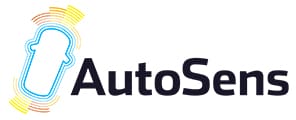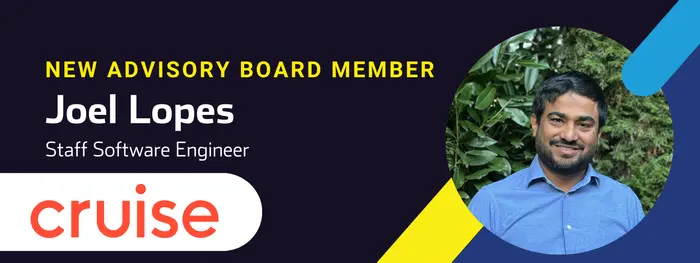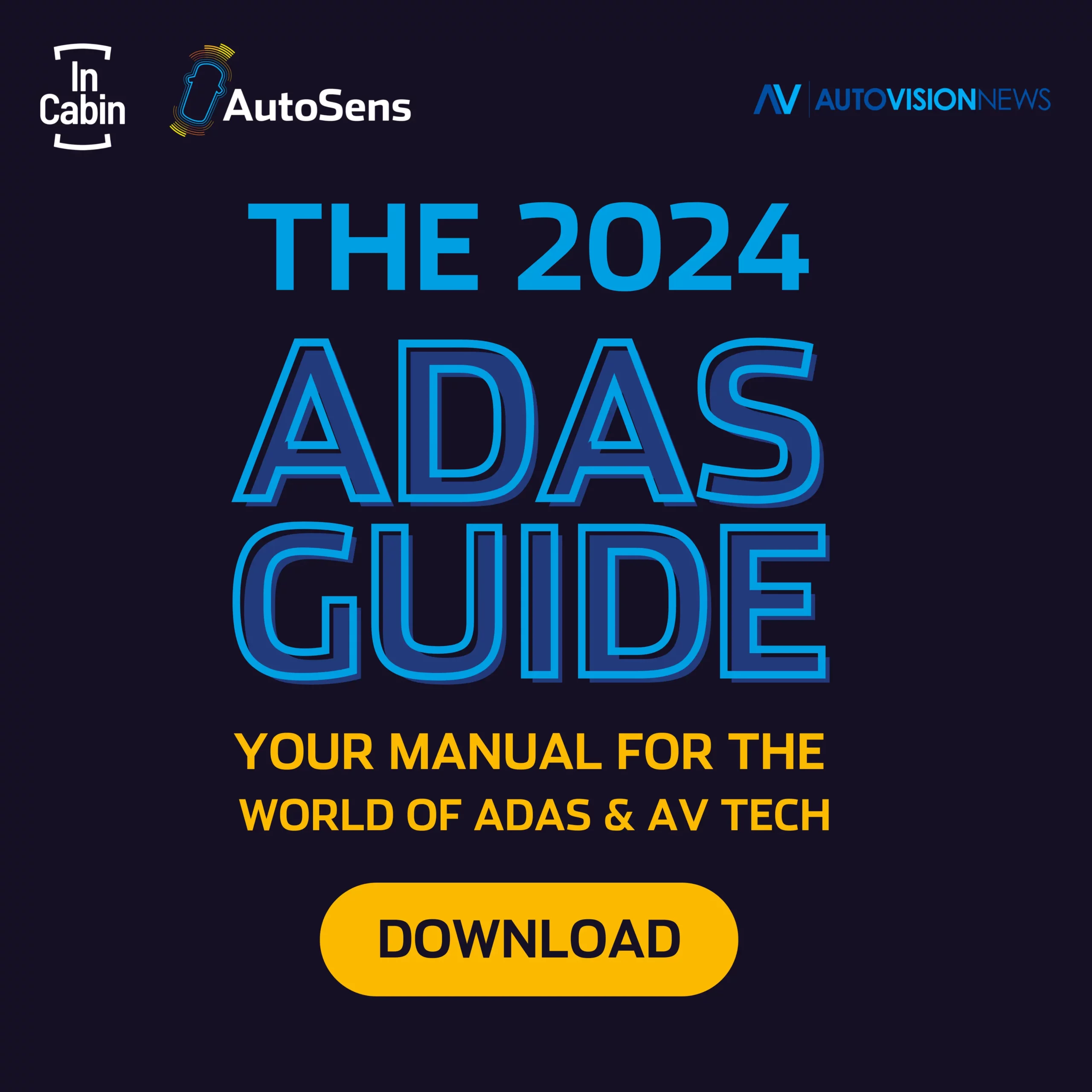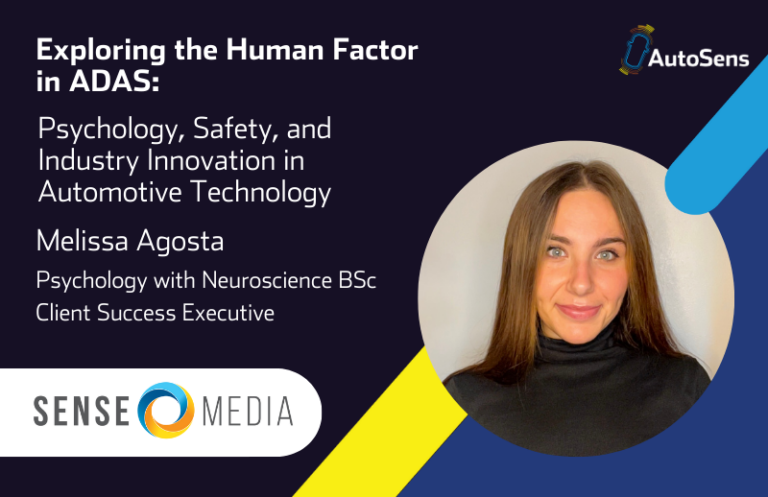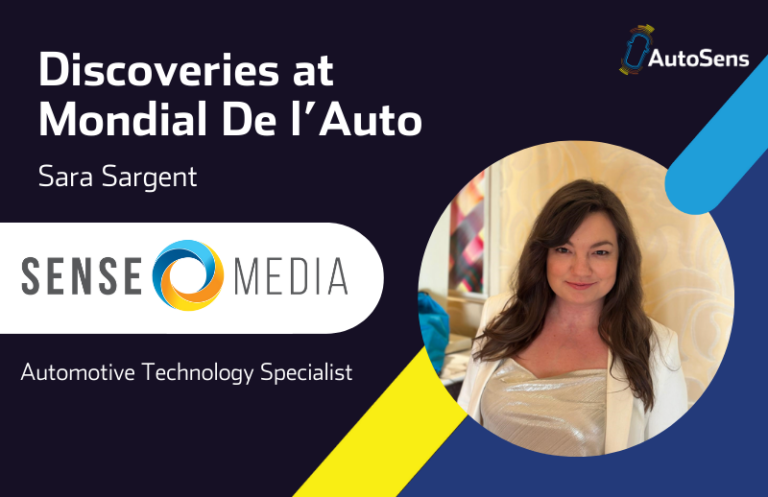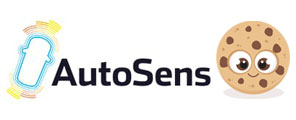Joel Lopes, a Staff Software Engineer at Cruise, has been at the forefront of developing software systems for autonomous vehicles. In this interview, he gives us insights into how his expertise has contributed towards Cruise’s AV development, and how he plans to leverage his knowledge both on the AutoSens advisory board, and within the industry.
1. As a Staff Software Engineer at Cruise, could you share some key experiences where you’ve contributed to the development of software systems within autonomous vehicles to ensure safety and reliability?
One of the key projects I led which contributes to the safety and reliability of the vehicles is the development of a multi-region program for critical mapping services, this ensures that services are hosted in multiple regions so that in the event of regional cloud failure, cars would failover to other regions and continue to operate. Operating autonomous vehicles (AVs) on a large scale needs exceptional reliability, and requires rigorous testing of the most recent software and data. I spearheaded a project aimed at constructing distributed maps for testing and simulation, with the objective of accelerating map build times.
2. You’ve had experience working in cloud computing. How has your expertise in these areas transferred to your work in automotive autonomy, and what unique insights have you gained that contribute to the development of autonomous vehicles at Cruise?
In distributed cloud computing you understand the principles and design patterns for highly available, scaleable, reliable and secure systems. However, conventional cloud architectures are not tailored for autonomous vehicles, presenting a gap that I have the opportunity to comprehend and address through my contributions.
3. What specific areas of expertise do you bring to the AutoSens advisory board, and how do you anticipate leveraging your knowledge to advance the field of automotive sensing technology?
With my background in building large-scale cloud computing systems at Microsoft and AV systems at Cruise I bring valuable expertise to the AutoSens advisory board. I see AutoSens as an ideal platform to apply this knowledge to enhance autonomous vehicles. My goal is to leverage cloud computing to revolutionize how these vehicles operate, making them smarter and more efficient. By utilizing cloud architectures and infrastructure, we can improve. Together with the AutoSens community, I look forward to driving innovation and propelling the automotive sensing ecosystem toward a future defined by safety, efficiency, and innovation.
4. From your perspective, why are forums like AutoSens crucial for engineers in the automotive sector, and how do they foster innovation and collaboration within the industry?
I truly believe that for emerging areas like Autonomous Vehicles, everyone in the industry can benefit from collaboration. These forums offer valuable networking opportunities for engineers to connect with peers and industry leaders. By fostering collaboration and exchange of ideas it can ultimately drive progress and innovation in the industry.
